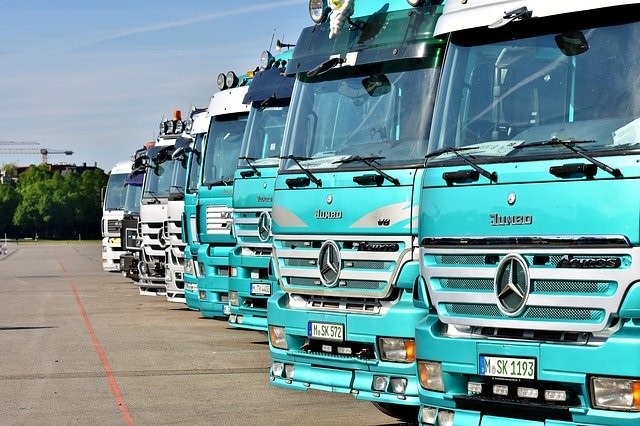Truck driving is an essential part of the American economy. As a matter of fact, given how many goods and items are transported across the U.S. in large, heavy motor vehicles, it can be argued that the trucking industry is invaluable to the country. Various job types and position titles are available in the industry. Specialized training is required to produce the knowledge and skills necessary for handling challenges in the workplace. Insurance coverage is structured so as to address the unique risks. In this article, we’ll go over the main types of truck drivers and their insurance needs.
Motor carriers
A motor carrier is a person who owns, controls, operates, manages, or leases a commercial motor vehicle. It’s basically a trucking entity that transports goods and items for compensation. Motor carriers account for more than 60% of the freight moved, which belongs to a variety of clients. This percentage has increased over the past couple of years and it’s expected that it will continue to do so. If you’re a motor carrier, the sole requirement is to have commercial auto insurance. This is a policy of physical damage and liability that helps cover vehicles deployed for business purposes. By this arrangement, the insurance carrier provides a guarantee of compensation for repairs and/or medical costs.
Private carriers
A private carrier refers to a company that transports only its goods or items. It might use its own drivers to haul these goods or items for deliveries and other purposes. Semi-trailer trucks are commonly associated with private carriers. The composition of the fleet is dependent upon the types of goods or items the company deals with and, most importantly, the destinations where they’re shipped. If you operate as a private motor carrier, you’ll need trucking insurance coverage such as auto liability and physical damage. While the former covers the costs of injuries to others, the latter covers loss from damages resulting from theft, vandalism, animal attacks, and so on.
Independent owner/operators
An owner/operator (O/O) is an independent contractor in trucking. They operate under their own authority, so they can transport goods and items independently. The owner/operator can’t haul freight for other companies or brokers they don’t have an agreement with. It’s paramount to have bobtail insurance, just so you know. It’s a special type of insurance that protects against costs associated with collisions. For instance, if the driver injures someone, the policy covers for the medical treatment attention needs to be paid to the fact that bobtail insurance doesn’t cover for accidents or damage that take place while the truck still has a trailer.
All in all, the trucking industry is diverse and individuals hold various positions, with varying degrees of responsibility and skill levels. Insurance options differ according to the type of business operated, the goods or items transported, the experience in the industry, not to mention the risks involved. When securing insurance it might be necessary to have several levels of protection. Work with an agent to determine your needs.









